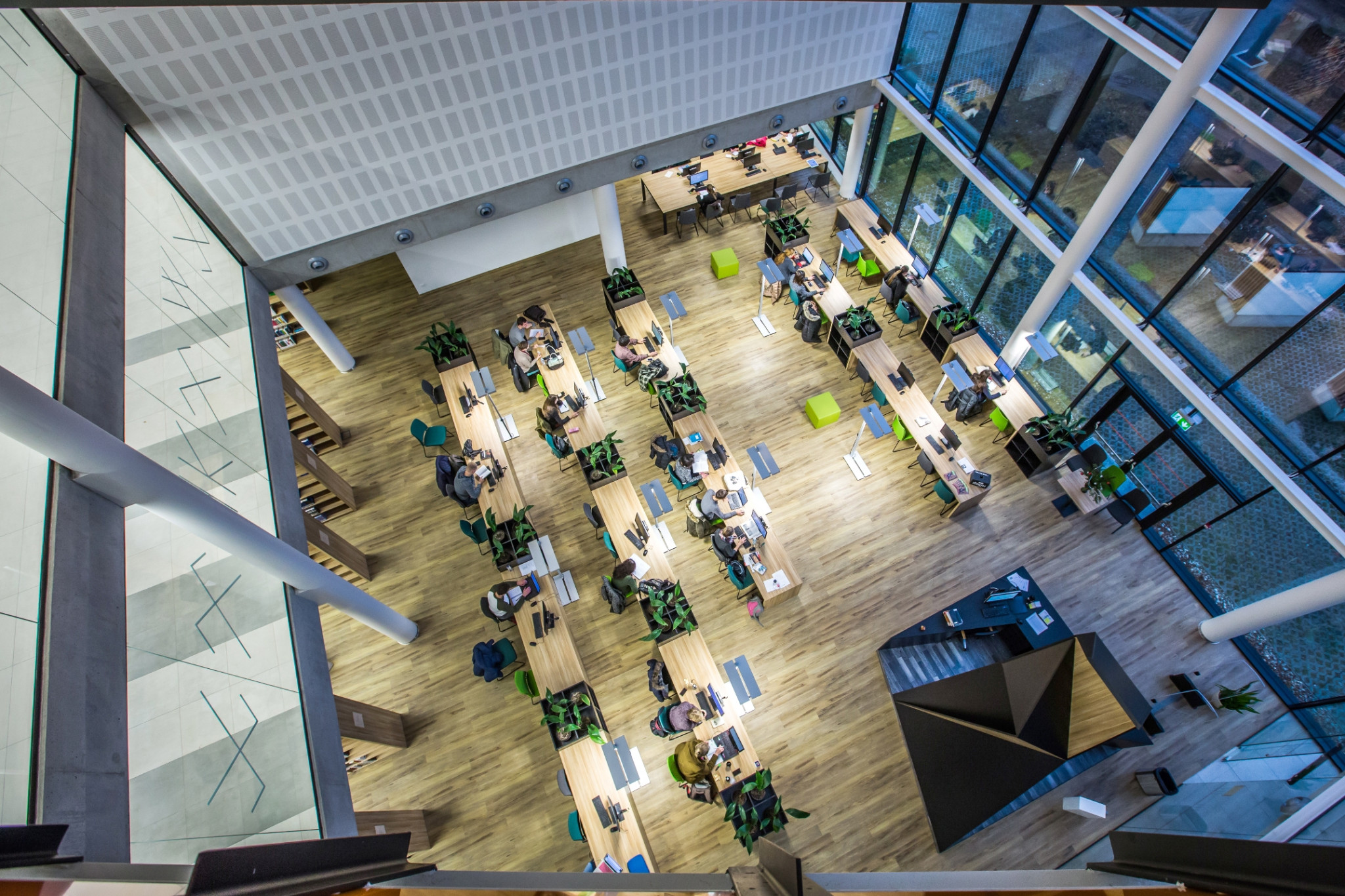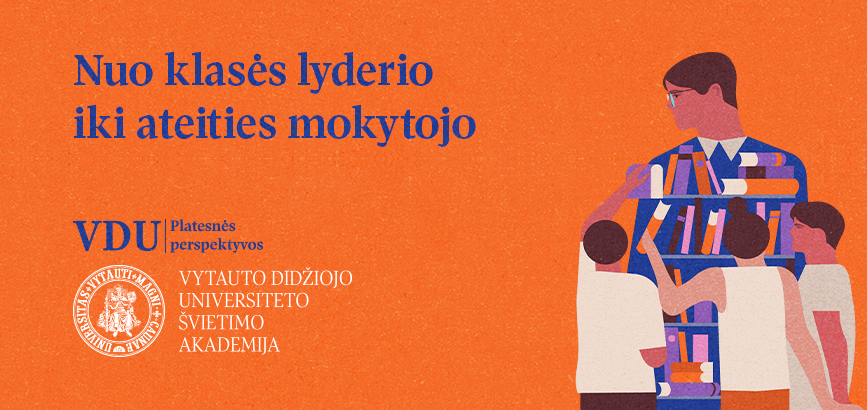Dirbtinis intelektas profesiniam mokymui: ką svarbu žinoti profesijos mokytojams ir meistrams?

Gruodžio 22-30 dienomis VDU Švietimo akademijos mokslininkai pristatė projekto „TACCLE AI“ rezultatai. Seminaras vyko DI seminaras profesinio rengimo institucijoms ir mokytojams. Per visas seminarams skirtas dienas dalyvavo profesijos mokytojai, ŠMSM specialistai. Seminare buvo pristatyta Vokietijos, Italijos ir Lietuvos patirtis, taikant DI profesiniame mokyme. Buvo diskutuojama apie dirbtinio intelekto diegimą į profesinio mokymo programas. Taip pat pristatyta, kaip DI taikymas darbo procesuose keičia komopetencijų poreikius ir profesinio mokymo programų turinį. Į mokymosi procesą įtraukiami mokiniai, užduotys rengiamos ir atliekamos komandose, skatinama mokymosi personalizacija. Kintant technologijoms dualinio mokymo reikšmingumas ir teikiama nauda išlieka, DI taikymas reikalauja tampresnio bendradarbiavimo pačioje mokymo įstaigoje, su įmonėmis, verslo kompanijomis ir visu darbo rinka. Seminare buvo aptartos ir galimos rizikos, tai, kad DI technologijų įtraukimas į programas gali susilpninti kitų bendrųjų ir profesinių gebėjimų lavinimą. Tačiau DI padeda siekti profesinio mokymo modernizacijos, diegiant naujausias technologijas į mokymosi procesus. Tai aktualūs klausimai, kurie galės būti ateinančių metų diskusijos kryptys.
The results of the TACCLE AI project were presented at the Vytautas Magnus University Academy of Education on 22-30 December at the online Workshops for VET institutions and teachers. Teachers from the different schools participated in the workshop. The seminars were also attended by specialists from the the Ministry of Education, Science and Sport of the Republic of Lithuania. The seminar presented the experience of Germany, Italy and Lithuania in the application of the Artificial Intelligence (AI) in vocational education. Discussions were held on the introduction of artificial intelligence in vocational training programmes. It also presented how curricula are changing as a result of the introduction of the AI. What is the state of the art in the application of AI in vocational training. It was mentioned that the application of AI requires to understand the work processes and education holistically. Students are involved in the learning process, tasks are designed and carried out in teams. In other words, personalisation of learning is promoted. As technology changes, dual learning retains it’s importance, but it will require stronger cooperation between VET providers, companies, businesses and the world of work. The workshop also discussed the potential risks that the inclusion of AI technologies in curricula could weaken the development of other generic and vocational competences. These are topical issues that could be the focus of the debate in the coming years.









